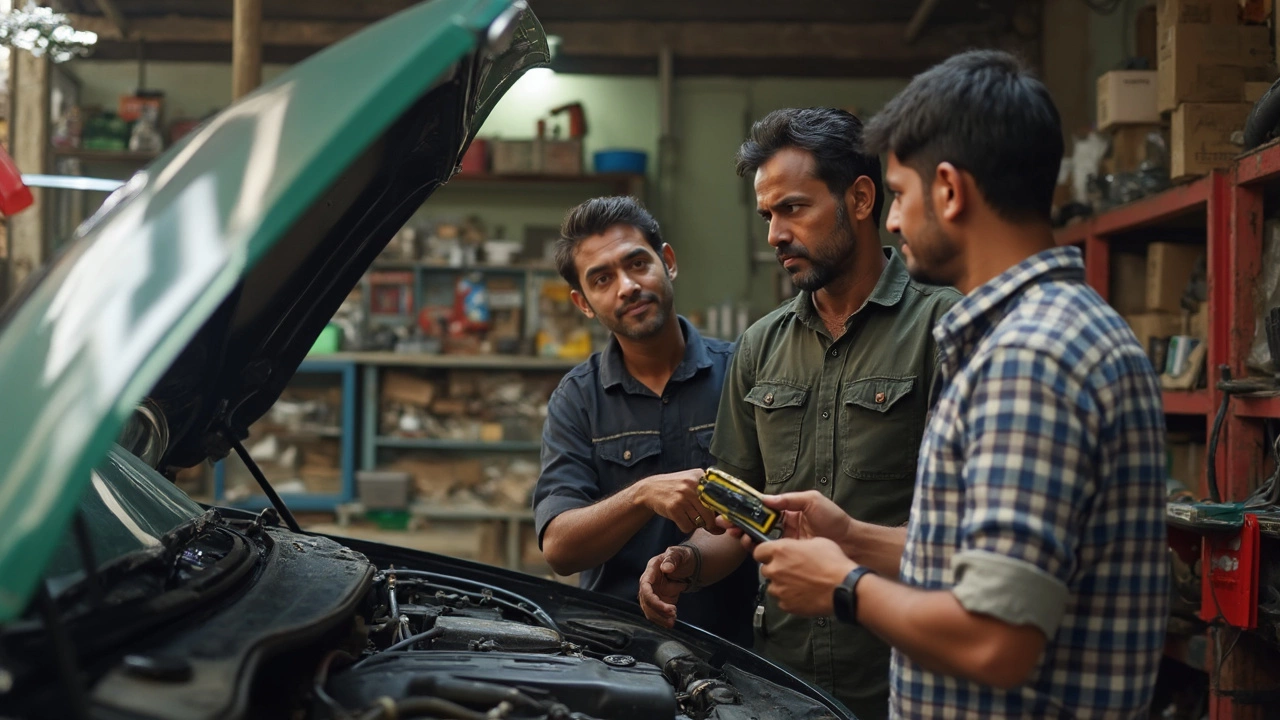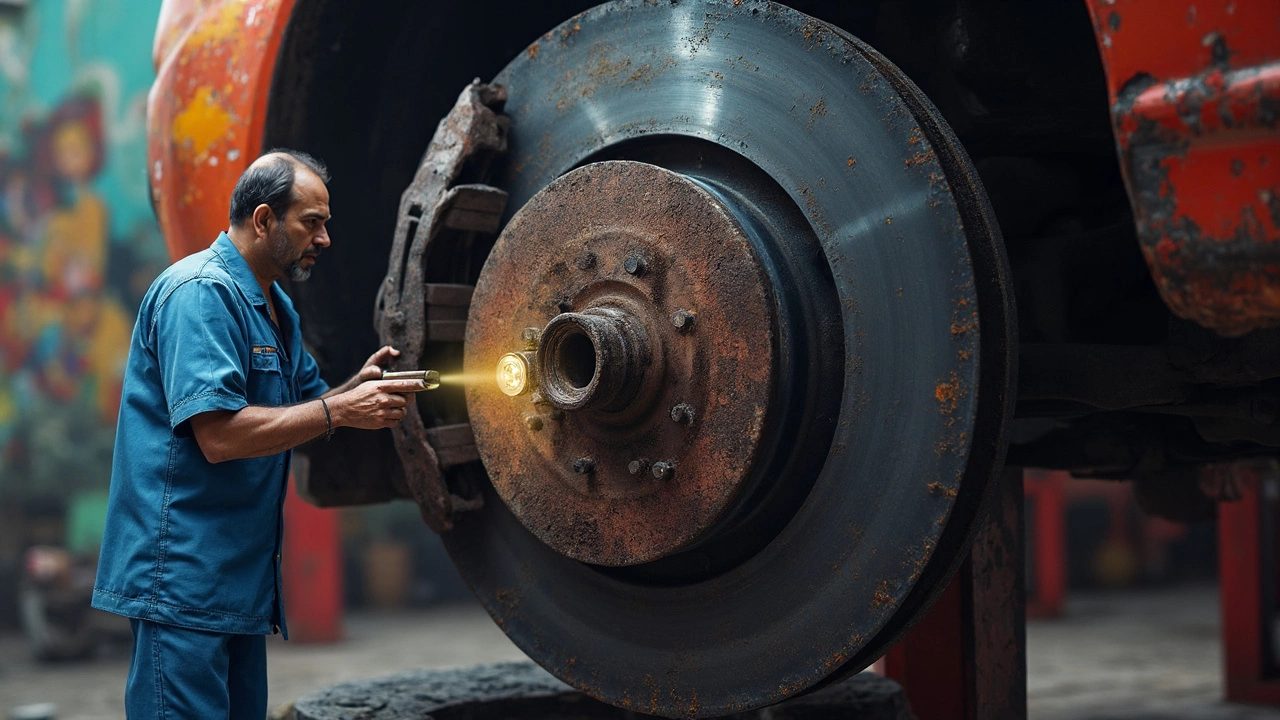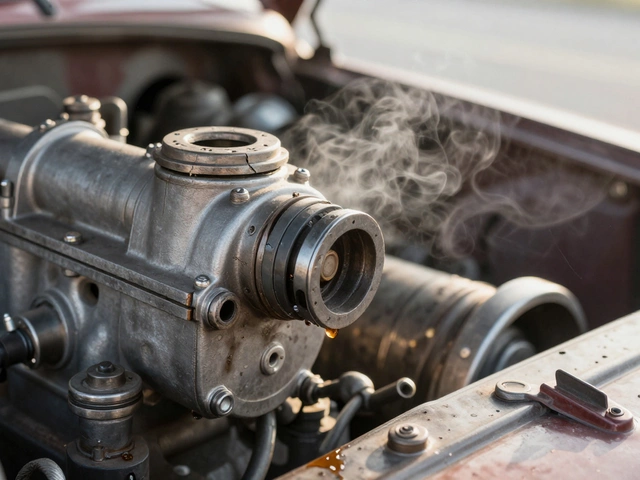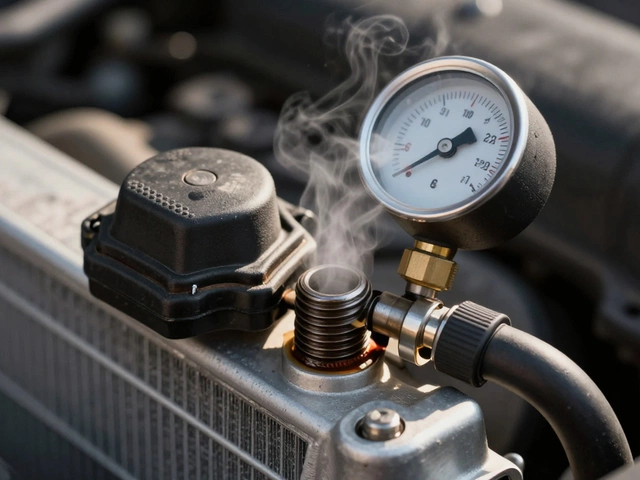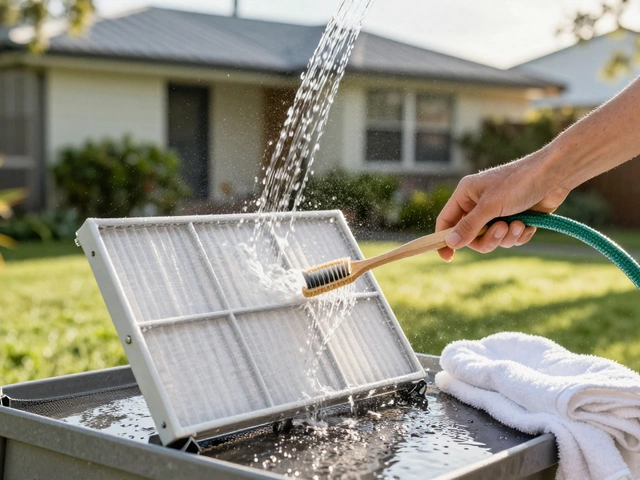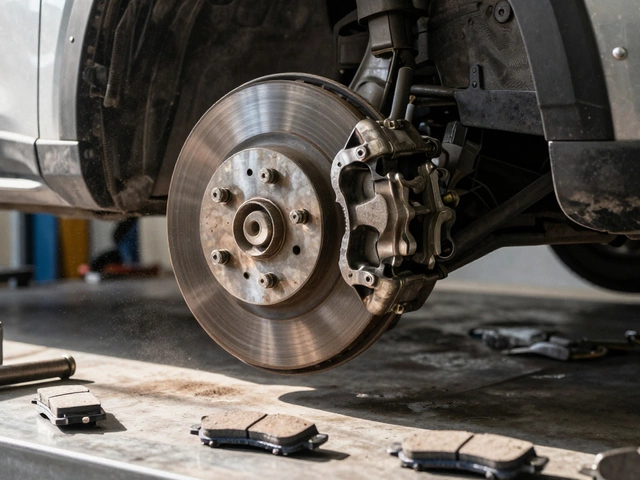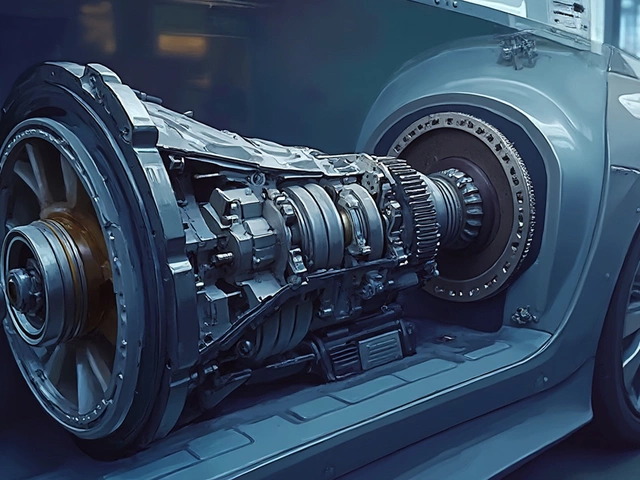March 2025 Auto Guru Archive
Welcome to the March round‑up! This month we dug into everything from clutch kits to alloy wheel longevity. Whether you’re swapping parts yourself or just want to know when to call a pro, the posts below give you straight‑to‑the‑point advice.
Top Gear Talk: Clutch & Transmission
We started the month with a deep dive into clutch kits. The guide explains how a quality kit smooths gear shifts, when you should think about replacing it, and what to look for to avoid a slipping clutch right out of the box. Want to know the average clutch lifespan? We broke down the factors that wear a clutch down – driving style, load, and even the type of oil you use – and handed out simple maintenance tricks to stretch its life.
If you’ve ever wondered whether the transmission must come out to change a clutch, we covered that too. Some models let you swap the kit without a full teardown, while others really do need the transmission removed. The article walks you through the steps and flags the situations where a mechanic’s help saves you time and headaches.
Keeping Your Ride Reliable: Fuel, Brakes & Wheels
Fuel pump costs were on the radar next. We gave a realistic price band ($400‑$800) and explained why certain cars push the bill higher – think turbocharged engines or rare models. You’ll also learn how to spot a failing pump by listening for odd whines or feeling a dip in power, plus tips for negotiating parts and labor.
Brake maintenance got its own spotlight. One post showed how to check pad wear using noise cues and visual inspection, while another warned against changing pads without looking at rotors. Ignoring the rotors can lead to uneven braking and pricey repairs later, so we laid out quick checks to decide if a rotor resurfacing or replacement is needed.
We didn’t forget the little things that add up. Changing your AC filter can improve airflow and cut energy use, and swapping the right engine oil (10W‑30 vs 5W‑30) keeps the engine humming without sacrificing fuel economy. The radiator failure piece highlighted common culprits like tiny leaks and clogged fins, reminding you that a simple coolant flush can prevent big overheating scares.
Alloy wheels also got love. One article explained how they’re built, why they’re lighter than steel, and how to keep them looking fresh. Another explored their typical lifespan, noting that proper cleaning, avoiding curb‑side scrapes, and regular tire rotations can push them well beyond the average 8‑10 year mark.
Finally, we tackled mufflers and gas mileage. While a new muffler won’t magically double your MPG, the right design can shave a few percent off fuel use by reducing back‑pressure. And for those curious about shocks and struts, we listed the telltale signs – nose‑diving on bumps, uneven tire wear, and a rattling feel – that signal it’s time for a suspension upgrade.
That’s the March takeaway: a mix of big‑ticket repairs and quick‑fix maintenance tips, all aimed at keeping your car running smooth, safe, and efficient. Dive into any of the posts for step‑by‑step instructions, real‑world examples, and the kind of practical advice you can actually use today.
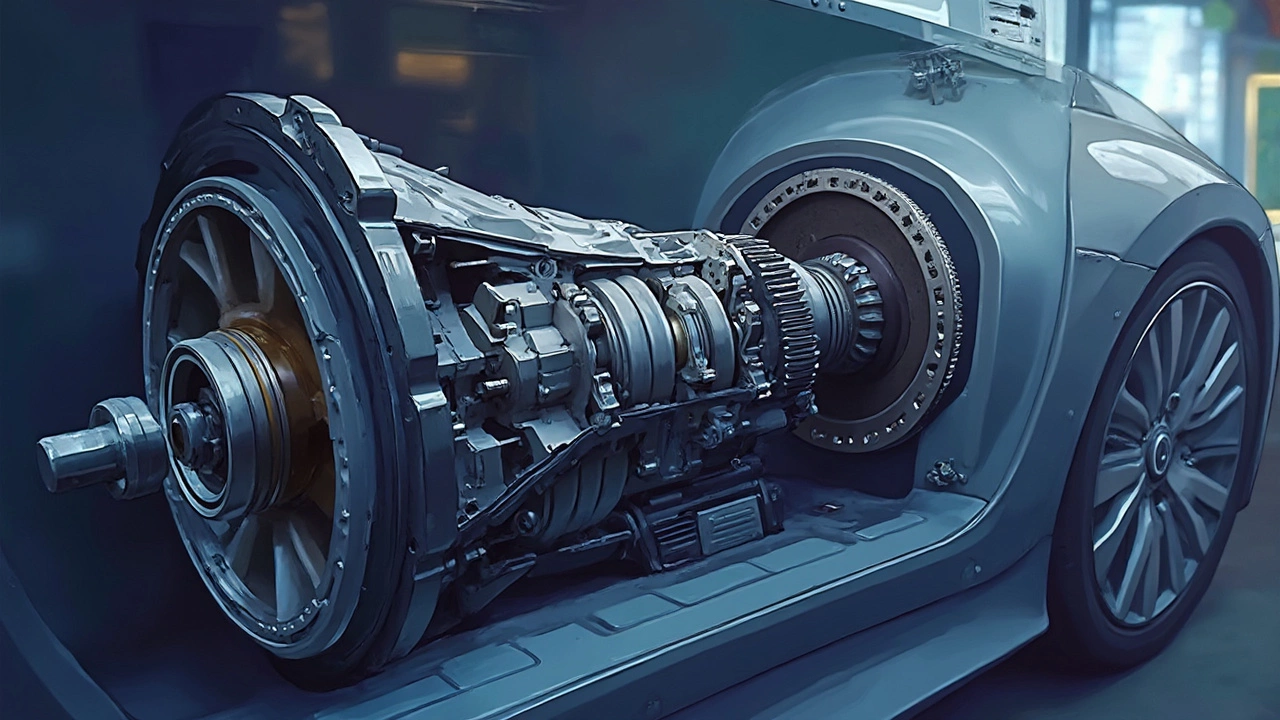
Do Clutch Kits Really Make a Difference?
Clutch kits can significantly impact your vehicle's performance, offering smoother gear transitions and enhanced driving experience. Learn how they work, when it's time for a replacement, and the potential benefits of choosing the right kit for your car. Discover practical tips for selecting and maintaining clutch kits in this comprehensive guide, ensuring you make informed decisions for your vehicle's needs.
CONTINUE READING
Does Changing Your AC Filter Improve Performance?
Changing your AC filter regularly can significantly enhance its performance and efficiency. A clean filter ensures better airflow, reduces energy consumption, and improves air quality. Neglecting this maintenance task may lead to higher bills and potential AC breakdowns. Understanding the right type of filter to use and the ideal replacement frequency can lead to a cooler and more cost-effective home environment.
CONTINUE READING
Do Mufflers Actually Boost Gas Mileage?
Mufflers play a crucial role in reducing noise from a vehicle's exhaust system, but their influence on gas mileage is a topic of discussion. This article explores whether a muffler can enhance fuel efficiency and the factors that come into play, such as design and vehicle compatibility. Providing practical insights and tips, it helps readers understand the impact of mufflers on fuel consumption. It also delves into how the right choice of components can potentially optimize a vehicle's performance.
CONTINUE READING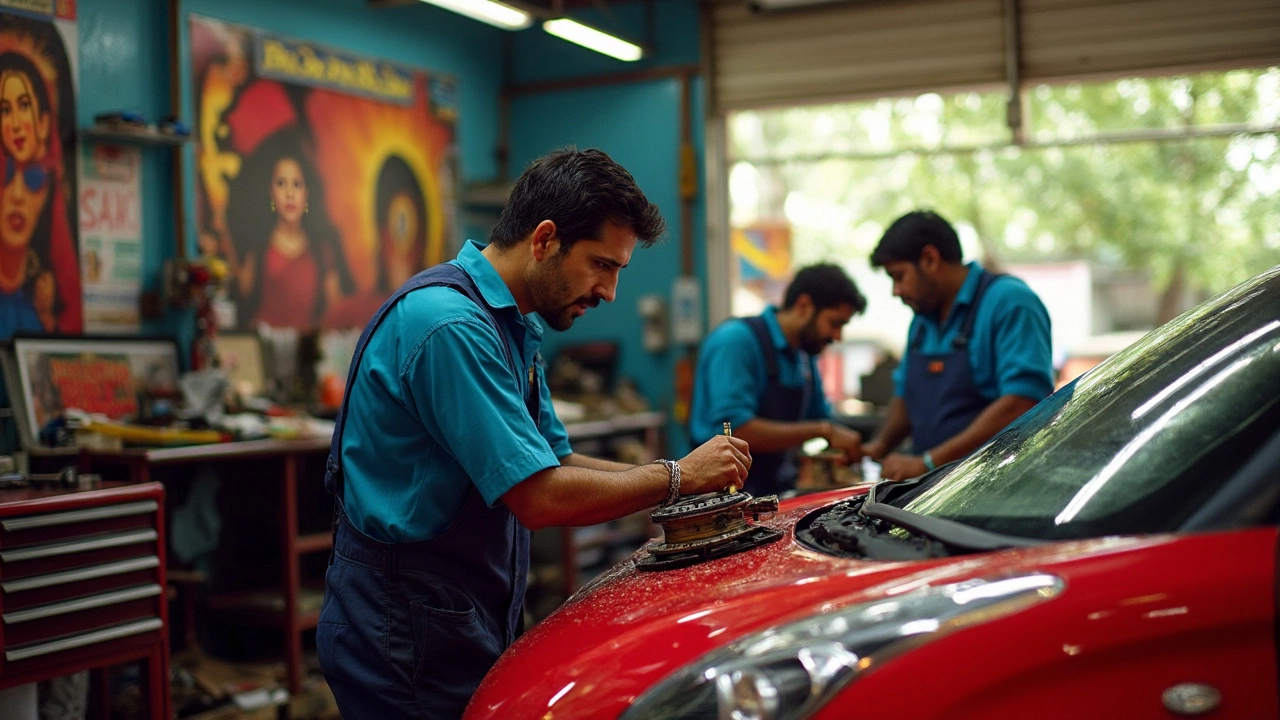
Can a New Clutch Slip?
A lot of folks assume that a brand new clutch will work flawlessly without any hiccups, but sometimes they slip. This could be due to installation mistakes, or even incorrect parts. Not only does this impact driving, but it also hints at potential long-term damage if not addressed. Understanding the common reasons for a clutch to slip, especially when it's fresh out of the box, can save you from headaches down the road.
CONTINUE READING
What Does a Failing Fuel Pump Sound Like?
Ever wondered if your car's strange noise might be a failing fuel pump? Knowing what sounds to listen for can be the key to diagnosing the problem early and avoiding hassle on the road. This guide sheds light on what noises might indicate fuel pump failure and offers practical advice on what to do should you hear them. From irregular buzzing to sputtering, let's tune into what your vehicle is trying to tell you.
CONTINUE READING
Do You Really Have to Remove the Transmission to Replace the Clutch?
Replacing a clutch can be a daunting task for car owners, often leading to the question of whether the transmission must come out. This article explores the steps involved in clutch replacement, providing helpful tips and insights. It delves into various car models and their specific needs, while also sharing advice on when it might be time to consult a professional. Readers will gain practical knowledge they're likely to use when tackling clutch kit installations.
CONTINUE READING
